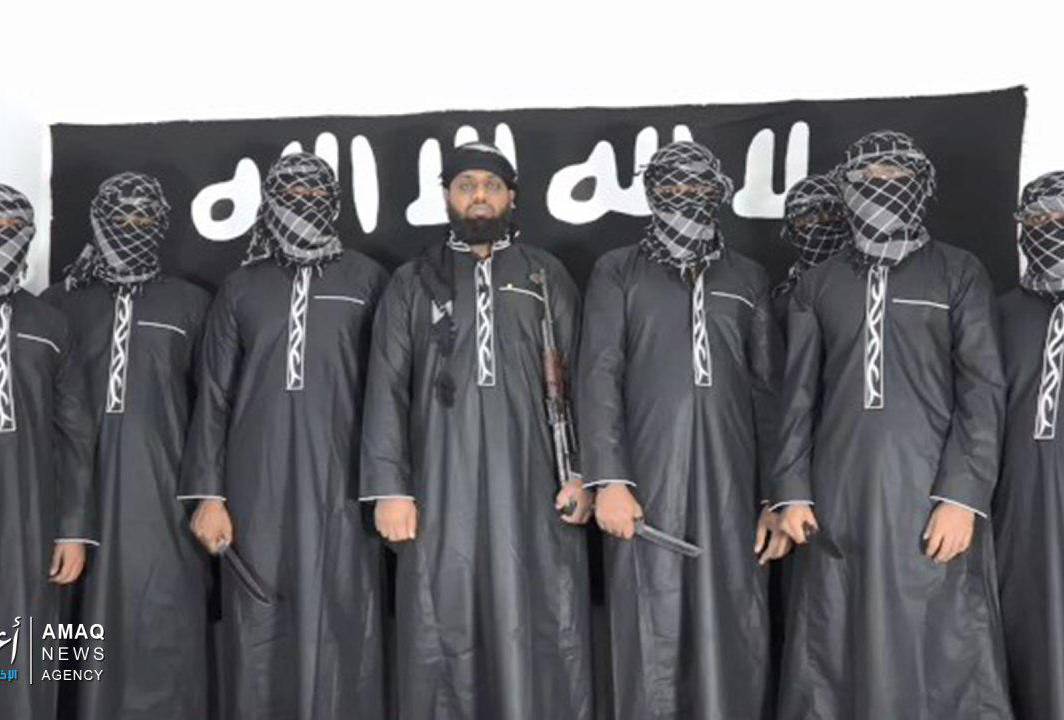The meticulous planning and coordination with which the bomb blasts were carried out suggests a global terror link to the Sri Lankan blasts on Easter Sunday,” said Col. R. Hariharan of ex-Military Intelligence who was part of the IPKF operations in the island nation.
He was speaking at a panel discussion on Sri Lanka : Easter Day Blasts organised by Observer Research Foundation in Chennai recently.
Outlining the major security concerns highlighted by the bombings, Col. Hariharan said: “Unless the National Thowheed Jamaath (NTJ) had developed close links with jihadi terrorist groups, it would neither have the resources nor the capability to carry out such attacks.”
According to Mr , Hariharan “the NTJ is a small radical Islamic outfit which came into prominence last year after its leader gained notoriety by preaching blasphemy against Buddhism and defacing Buddhist statues.”
It did not have the capability to carry out multiple coordinated attacks of the type seen on Easter Sunday, without external help and training, he said.
Additionally, reports that concluded the suicide-bombers used TATP, chemically known as triacetone triperoxide, led Col. Hariharan to believe that there was a strong link between the Easter bombings and the ISIS .
Explosive material from previous ISIS attacks such as the Maalbeek Metro bombing in Brussels (2016), the Paris attacks on the Bataclan Theatre and the Stade de France (2018), as well as the Manchester Arena bombing (2017) were identified as TATP.
As he pointed out, TATP cannot be detected by standard bomb-sensing equipment. Hence, it is being used by many terror outfits, including the ISIS, Hamas and Hezbollah, he added.
Several terrorism analysts and intelligence professionals around the world have been referring to the threat posed by ISIS fighters returning to their home countries after losing the Syria expedition.
While it was important to trace the routes taken by these foreign fighters, both in and out of Syria , Col. Hariharan argued that one needn’t go to Syria to become radicalised through the ISIS ideology.
(LI)

